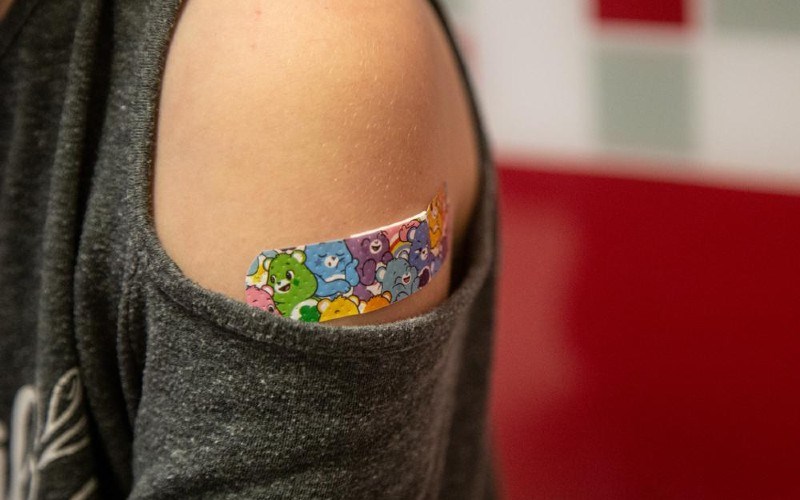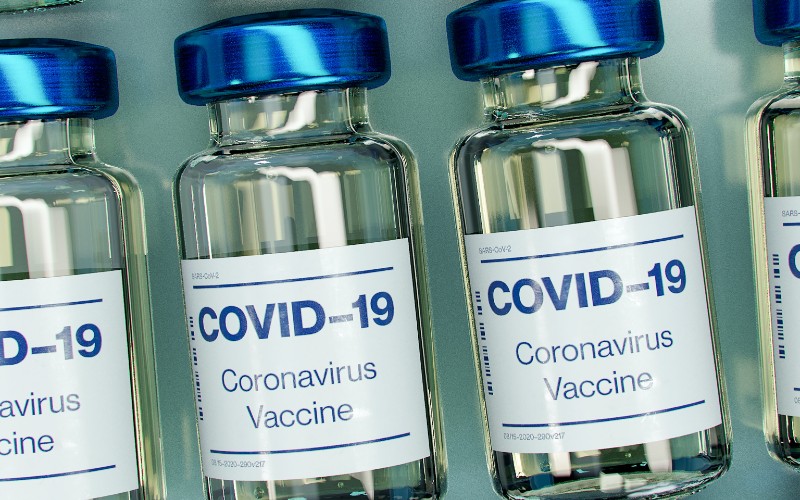Nearly two years have passed since the virus pandemic hit the U.S., back when schools turned off the lights and shut their doors, and millions of children woke up each morning to a frightened nation, and without their friends and the daily structure of a school day.
According to an Epoch Times story about the pandemic’s impact on children, an Oxford University professor said the fear surrounding the virus has resulted in psychological problems in 8 of 10 children and adolescents. Adolescents over the age of 12, especially girls, fared the worst, Professor Carl Heneghan said.
The Epoch story also cited troublesome data from the U.S. Centers for Disease Control. It shows mental health-related office visits jumped 24% in 2020 in 5-to-11-year-olds and 31% in 12-to-17-year-olds compared to figures from 2019.
Dr. Karl Benzio of the Christian Dental and Medical Associations tells AFN the American public is now dealing with the consequences from its panicking adults.
 "What we're seeing psychologically is that interventions that were decided upon for COVID to try to stop the spreading of it,” he says, “[were] probably more detrimental and impactful, and have a longer reach of consequence, than actually COVID itself."
"What we're seeing psychologically is that interventions that were decided upon for COVID to try to stop the spreading of it,” he says, “[were] probably more detrimental and impactful, and have a longer reach of consequence, than actually COVID itself."
That warning was voiced by very few when the China-born virus began spreading across the United States. Back then, a worst-case scenario predicted 2.2. million deaths if people did not quit their jobs and leave their schools, and remain in their homes like a bunker.
Two years later, American adults have witnessed some call their children “resilient” during the pandemic when many families knew that was not true. Just last month, after two years of trauma, children were being praised by the White House press secretary for eating their school lunches outdoors, in the cold weather, because they are helping keep people safe.
"I have a 3-year-old who goes to school, sits outside for snacks and lunch, wears a mask inside, and it's no big deal to him," Jen Psaki told reporters.
 “Not a single person who tells me that kids are resilient has any resiliency of their own,” writer and mother Bethany Mandel, who fiercely warned about suffering children during the pandemic, commented this week on Twitter. “They are hyper aware and fixated on how their childhood trauma hurt them,” she said of adults, “and yet feel no remorse for inflicting more severe trauma on an entire generation of children.”
“Not a single person who tells me that kids are resilient has any resiliency of their own,” writer and mother Bethany Mandel, who fiercely warned about suffering children during the pandemic, commented this week on Twitter. “They are hyper aware and fixated on how their childhood trauma hurt them,” she said of adults, “and yet feel no remorse for inflicting more severe trauma on an entire generation of children.”
New York Post columnist Karol Markowicz, a mother of three, used a December 27 column to announce she was living her native New York for Florida after enduring the city's business-crushing lockdowns and fear-based hysterics over mask-wearing. The last straw was watching New York City officials close schools again, and keep unvaccinated children from restaurants and museums, when the less-dangerous Omicron strain began spreading.
 In her column, Markowicz cited and linked to a study that showed the COVID pandemic damaged the cognitive development of small children.
In her column, Markowicz cited and linked to a study that showed the COVID pandemic damaged the cognitive development of small children.
“No one has it worse in New York than children,” Markowicz wrote. “There is damage being done to the kids of this city, with masking and continued restrictions, and few in leadership seem to care at all.”
Regarding the issue of resiliency in children, Dr. Benzio says it should not be dismissed completely. Parents have to come alongside their children, he advises, and keep the pandemic in its proper perspective to lessen the trauma that has been done.
"If we don't come alongside, and we don't provide that kind environment to develop that resiliency,” Dr. Benzio says, “and help [children] process these things in a healthy way, then there will be traumatization."







